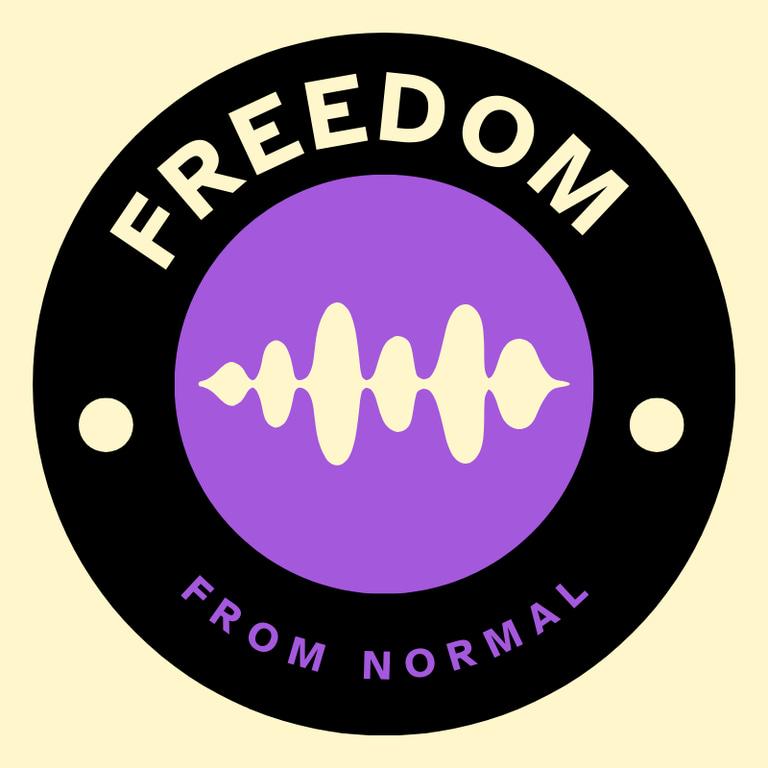Building Your Personal Brand in 2025: Strategies for Online Success
5/19/20254 min read


Understanding Personal Branding
Personal branding is the process of developing a reputation and an image around an individual, particularly in the context of their professional endeavors. As we transition into 2025, the significance of personal branding in the digital landscape cannot be overstated. With the rapid rise of social media and online platforms, the way individuals present themselves online has become vital for success. A strong personal brand not only helps differentiate oneself from competitors but also establishes a connection with target audiences and potential clients.
Historically, personal branding was viewed as a tool primarily for public figures and entrepreneurs. However, today, it has evolved into an essential strategy for anyone looking to succeed in the competitive online marketplace. The ongoing changes in consumer behavior underscore the importance of a personal brand; while traditional advertisement methods may fade, audiences increasingly seek authenticity and relatability. Individuals with well-defined personal brands are more likely to engage and build trust, resulting in enhanced opportunities for monetization.
Key components of personal branding include authenticity, voice, and visibility. Authenticity refers to a consistent portrayal of self that resonates with personal values and beliefs, enabling audiences to connect on a deeper level. Voice encompasses the unique style of communication, which can be tailored to appeal to specific demographics, thus strategically engaging target audiences. Finally, visibility is about ensuring that one's personal brand is easily discoverable through various digital channels, enhancing presence and outreach.
As we look towards 2025, understanding the intricacies of personal branding is fundamental for crafting a successful career in the online arena. The landscape will continue to evolve, and those who adapt and refine their personal brands accordingly will likely thrive in the competitive environment.
Identifying Your Niche and Target Audience
Establishing a successful personal brand in 2025 begins with identifying a profitable niche and comprehensively understanding your target audience. Finding a niche involves evaluating your unique skills, passions, and the demands of the marketplace. Conducting thorough market research is vital; it helps to reveal gaps in the market that your skills can fill. Utilize tools such as surveys, social media analytics, and keyword research to uncover valuable insights into what potential audiences are actively seeking.
As you assess your personal skills, consider what you genuinely enjoy and excel at doing. Merging these interests with market demands will help ensure your niche aligns with your values. This alignment not only enhances your credibility but also fosters a more authentic connection with your audience. For example, if you have a passion for sustainable living, look for areas within that realm where there is a scarcity of content or services that resonate with your target demographic.
Understanding the needs of your audience is equally important. Effective engagement begins with identifying their pain points and desires. Create audience personas—detailed representations of your ideal customers—to help visualize who you are serving. Consider demographics, preferences, interests, and online behaviors when building these personas. Once you understand the audience, tailor your content, products, or services to address their specific needs and preferences.
The importance of aligning your personal brand with what your audience values cannot be overstated. This alignment allows not only for an authentic personal brand but also improves your chances for online monetization. By clearly identifying your niche and understanding your target audience, you lay the groundwork for strategic branding that can lead to greater success in the competitive landscape of 2025.
Creating Compelling Content and Online Presence
In the digital age, establishing a strong personal brand hinges significantly on the ability to create compelling content that resonates with your target audience. Diverse content formats are crucial for effective engagement; blogs, videos, podcasts, and social media posts each provide unique ways to connect. Blogs serve as an excellent medium for in-depth exploration of topics, allowing for comprehensive information sharing. Meanwhile, videos capture attention quickly, making them ideal for conveying messages succinctly and appealingly. Podcasts are gaining popularity for their portability and conversational style, which fosters a sense of intimacy with the listener. Social media posts, on the other hand, are perfect for quick interactions and sharing insights or updates.
Consistency and quality must be at the forefront of your content strategy. Maintaining a regular posting schedule not only helps keep your audience engaged but also signals reliability and professionalism to potential followers. Each piece of content should reflect your brand’s voice and values, contributing to a cohesive online presence. It's beneficial to mix different formats to cater to varied audience preferences, thus broadening your reach and enhancing engagement.
Furthermore, leveraging the right tools and platforms is essential in building and maintaining your online influence. Creating a dedicated website can serve as the hub for your personal brand, showcasing your portfolio, blog, and contact information. This platform allows for deeper connections with your audience through newsletters and email marketing, fostering loyalty and ongoing engagement. Integration with social media channels extends your reach, facilitating easier sharing and interaction with your content. By strategically utilizing these tools, you can amplify your presence and establish a noteworthy personal brand that stands out in the crowded digital landscape.
Monetization Strategies for Your Personal Brand
As personal branding continues to rise in significance, it becomes imperative to explore various monetization strategies that can turn your online presence into a revenue-generating platform. One of the most popular methods is affiliate marketing, which allows individuals to earn commissions by promoting products or services from other companies. By sharing personalized affiliate links through your blog, social media channels, or email newsletters, you can create a reliable source of income. The key is to choose products that align well with your brand and resonate with your audience to drive conversions.
Another effective strategy is the selling of digital products, such as eBooks, templates, or exclusive content. Digital products require a relatively low upfront investment and can be sold multiple times without the need for restocking. This creates an opportunity for passive income while simultaneously reinforcing your authority in your field. Ensure that the products you create are of high quality and provide real value to your customers to foster trust and encourage repeat purchases.
Offering online courses is another lucrative avenue. If you possess expertise in a specific area, creating a course can not only share your knowledge with others but also generate significant revenue. Platforms such as Udemy or Teachable provide a user-friendly way to host and sell your courses, giving you access to a broader audience. Additionally, consider conducting live webinars or workshops, which can create an interactive learning environment and foster a sense of community among participants.
Lastly, sponsorships and collaborations can further enhance your income. Brands often seek influencers to promote their products, providing you the chance to monetize your reach. By positioning yourself strategically, you can negotiate partnerships that are mutually beneficial and align with your personal brand identity.
Overall, implementing these monetization strategies can help you establish financial sustainability through your personal brand, enabling you to effectively make money online in 2025 and beyond.

